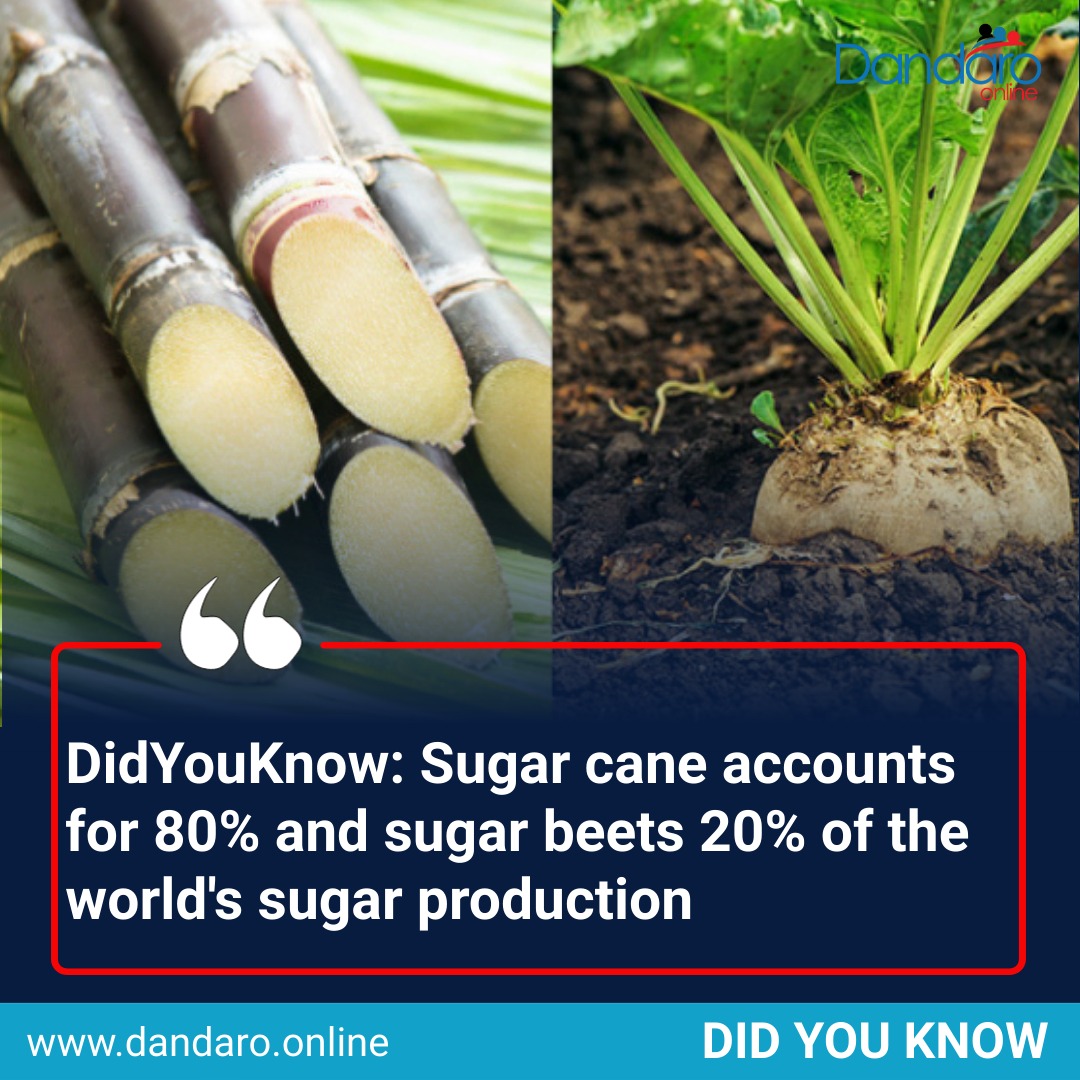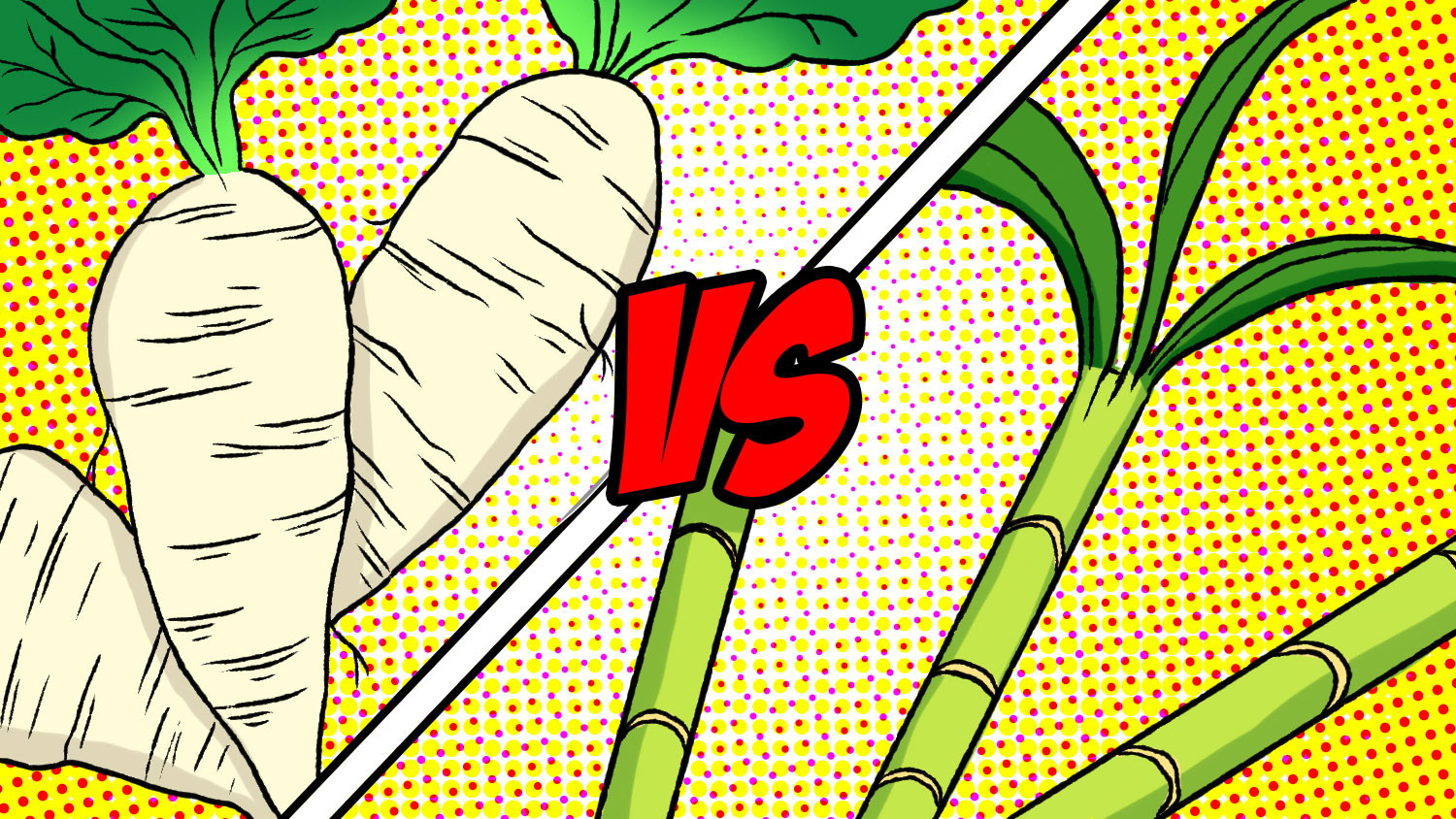The Fantastic Debate: Beet Sugar Vs Walking Stick and Their Influence On Wellness
The recurring discussion bordering beetroot sugar and cane sugar raises crucial inquiries regarding their particular health and wellness effects and broader ramifications for consumer selections. While both sugar share a similar chemical composition, their beginnings and handling methods might influence not only nourishment but also ecological sustainability. As health-conscious people evaluate the advantages of each alternative, the ramifications of chemical exposure and agricultural techniques enter focus. This discussion welcomes us to consider not just the sweetness we choose, yet the far-reaching results of those options on our wellness and the planet. What might this mean for future usage patterns?
Review of Sugar Sources
Sugar, an extensively taken in sugar, largely stems from 2 major sources: sugar beets and sugar walking stick. These crops are grown in different areas all over the world, each adding to the international sugar supply in unique methods. Sugar cane thrives in exotic and subtropical climates, with major manufacturers including Brazil, India, and China. The plant is gathered for its stalks, which are after that processed to remove juice and take shape sugar.
On the other hand, sugar beetroots are predominantly grown in temperate regions, with substantial manufacturing in nations such as the USA, France, and Germany. The beetroots are gathered from the ground, sliced, and subjected to a procedure that converts the drawn out juice right into granulated sugar. While both sugar resources inevitably yield sucrose, their farming techniques, processing approaches, and geographic circulations differ noticeably.
These differences can affect not only the environmental impact of sugar production however likewise the financial elements of sugar rates and profession. Understanding the origins of these sweeteners is vital for customers and policymakers alike, as it lays the foundation for educated conversations concerning their wellness implications and sustainability.
Nutritional Comparison
When analyzing the dietary profiles of beetroot sugar and cane sugar, both resources share a similar make-up as they mainly are composed of sucrose. Sucrose is a disaccharide, composed of sugar and fructose, and is accountable for the sweetness connected with both sugars. The refining processes for both beetroot and cane sugar yield products that are predominantly pure sucrose, with minimal traces of vitamins, minerals, or other nutrients.
In regards to calorie content, both beet and cane sugars offer about 4 calories per gram. Neither type of sugar offers significant nutritional benefits past energy provision, as they do not have vital vitamins or minerals. However, the existence of micronutrient, such as magnesium, potassium, and calcium, can differ somewhat between both, mostly because of the agricultural methods and dirt conditions in which they are expanded.
Additionally, the glycemic index values of beetroot sugar and cane sugar are comparable, suggesting comparable impacts on blood glucose levels. Overall, from a dietary point ofview, beetroot and walking cane sugars are functionally equivalent, adding largely to calorie intake without providing significant health and wellness benefits over each other.
Health And Wellness Ramifications
The health and wellness ramifications of consuming beetroot sugar and walking cane sugar warrant careful factor to consider, especially offered the rising frequency of sugar-related health and wellness concerns. Both kinds of sugar contribute similar calorie worths and can result in enhanced dangers of weight problems, kind 2 diabetes mellitus, and heart diseases when consumed in unwanted. The body metabolizes both sugars right into glucose, which can cause spikes in blood sugar level levels, causing insulin resistance over time.
While there is continuous dispute concerning the glycemic index of these sugars, researches recommend that both can adversely affect metabolic health and wellness if eaten in huge quantities. beet sugar vs cane. In addition, the prospective visibility of pollutants in beet sugar, such as pesticides from conventional farming practices, raises further health and wellness concerns. On the other hand, walking cane sugar, especially when minimally processed, may use a somewhat extra desirable profile because of its all-natural state
In addition, the usage of sugarcoated, despite the resource, is linked to negative health results, including oral issues and fatty liver disease. As a result, moderation is important, and individuals should be mindful of their complete sugar intake from all sources, eventually prioritizing whole foods over added sugars for optimal wellness end results.
Ecological Impact
Understanding the health effects of beet and walking stick sugar additionally brings about an examination of their ecological effect, which can substantially affect agricultural sustainability and ecological balance. Both sugar resources have distinctive environmental impacts, shaped by their farming methods and geographical needs.

In comparison, beetroot sugar is commonly expanded in warm click to read more environments and often includes diverse plant turnings. This technique can boost soil health and wellness and decrease dependence on chemical inputs. Nevertheless, intensive beet farming can additionally lead to nutrient deficiency and insect pressures if not taken care of sustainably.
Both sugar kinds present challenges and possibilities for ecological stewardship. Promoting sustainable agricultural techniques and accountable sourcing can reduce their effects, ensuring that sugar production straightens with eco-friendly conservation and long-lasting food safety and security.
Customer Preferences
Amidst expanding understanding of health and wellness and environmental concerns, consumer choices for sugar types are progressively affected by understandings of health advantages, sustainability, and moral sourcing. Beetroot sugar and cane sugar each present distinct features that interest various consumer demographics.
Health-conscious consumers often inspect the dietary profiles of these sugars, looking for options viewed as less processed or even more all-natural. Walking cane sugar, frequently considered as the conventional sweetener, is in some cases preferred for its viewed pureness and simpleness. In contrast, beet sugar, click for more which is often stemmed from genetically changed plants, encounters suspicion among those concerned regarding GMOs.
Sustainability is an additional significant factor influencing customer choices. As recognition of farming techniques grows, lots of customers choose for products that align with eco-friendly farming methods. Walking stick sugar manufacturing, particularly when sourced from lasting ranches, can interest eco-conscious purchasers.
Moral sourcing plays a crucial duty too, with consumers progressively preferring items that sustain reasonable labor techniques. Accreditations such as Fair Trade can improve the attractiveness of cane sugar out there. Eventually, customer preferences are formed by an intricate interplay of health and wellness, environmental, and moral considerations, driving need for both beetroot and walking stick sugars in varied markets.
Final Thought
To conclude, the dispute between beet sugar and cane sugar incorporates numerous variables, consisting of nutritional accounts, wellness ramifications, and environmental consequences. beet sugar vs cane. While both sugars mainly contain sucrose and display similar calorie web content, worries pertaining to pesticide use in beet sugar and the environmental effect of walking stick sugar monoculture warrant careful consideration. As consumers significantly prioritize sustainability and health, educated selections regarding sugar consumption become vital in promoting overall health and ecological stewardship
